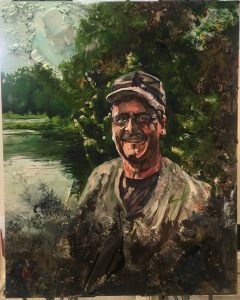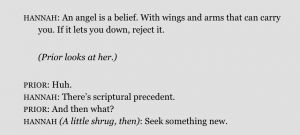Saturday morning, an anti-semitic terrorist entered Tree of Life synagogue and opened fire, killing 11 people and wounding more.
When I saw this news, my heart broke.
I grew up in Pittsburgh. I love Pittsburgh. And Squirrel Hill is one of my favorite areas. As a child, Tree of Life synagogue was a landmark, I knew I could find my way home from there. Squirrel Hill is a vibrant, welcoming community. It is populated by small shops, restaurants, and loving people. Which is to say that these places are familiar to me. These people are my neighbors and this is my city. Which is to say that I am mad.
I don’t know how to respond to this tragedy. My heart breaks for the Jewish community, the people of my city, and for the families whose lives changed forever this morning. Words are inadequate. They don’t lessen the grief and pain. They don’t correct a world in which a bigoted man can walk into a house of worship and cause such harm. They don’t change that these events are not even surprising. At the end of this post, the world will still be broken and Pittsburgh will still be picking up pieces.
Pittsburgh, Squirrel Hill, will be fine. The city will rally around its people. We’ll give blood. We’ll show up and love one another well. We’ll continue to live, work, shop and worship. We’ll continue to find our neighbor in everyone they meet. We’ll refuse to let this scare us. Because that’s what we do. That’s the city.
But we will have to face the inescapable fact that on Saturday 10/27/2018 we lost 11 people. 11 big, meaningful lives. 11 stories, laughs, voices, that enriched our city. We lost them to senseless, hateful violence and we are poorer for it. At the end of the day, this has happened before and will likely happen again because we have allowed a world in which our holy spaces, stores, schools, are not safe. Because we have normalized and equivocated and ignored hate speech and bigotry.
That we have repeatedly failed to address the violence and hatred that breed such crimes is something that this city and country must reckon with, even as we heal.
We have work to do.

